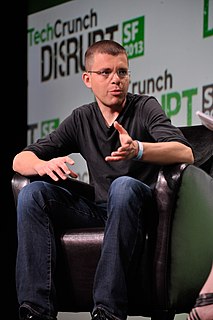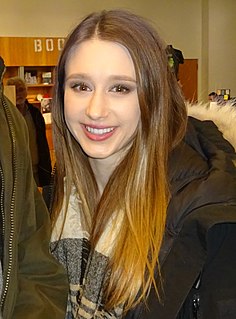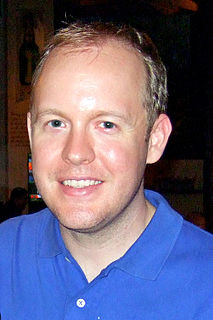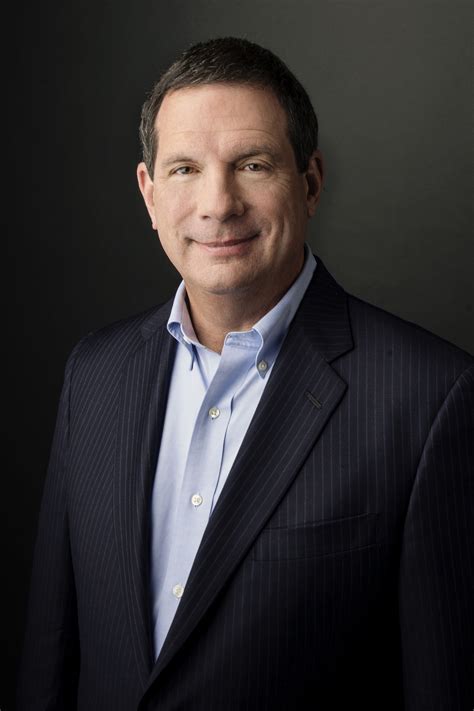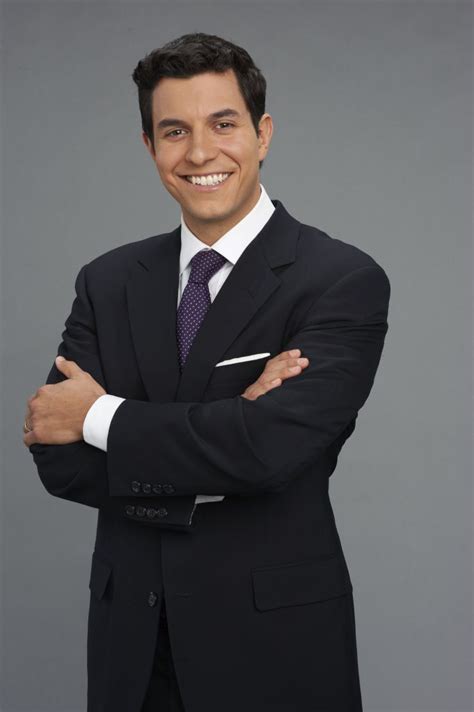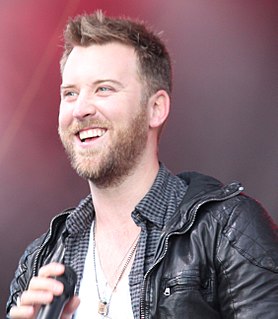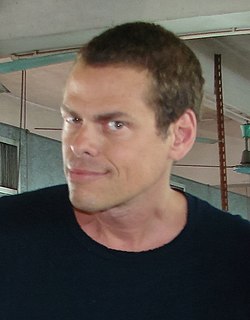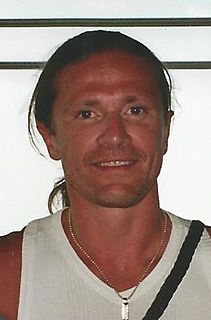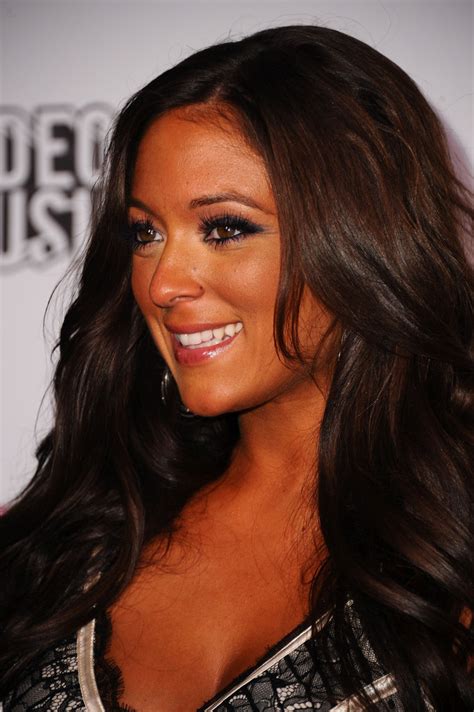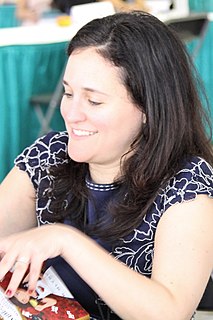A Quote by Max Levchin
If we compare the two, Facebook is currently a superior place to market a product like Slide. Twitter is more like a general distribution agent. It's like broadcast radio.
Related Quotes
If you don't have a Facebook, like, you're nobody. There's all of these sort of requirements now, and if you don't have all of these things - Facebook, Twitter, etc. - you're made fun of. And Twitter for celebrities... everything is just getting so personal. Pictures of yourself, of what you're eating for breakfast.
I'm not really sure what I'd like to see people doing more of online, but what I'd like to see less of is the warning signs that not ratifying net neutrality is gonna cause two separate nets: one that the big dogs can afford to be on and the other a ghetto internet that no one goes on. Think FM vs AM radio, or cable vs broadcast TV.
I like Twitter more than Facebook. Twitter is a great way to deliver and get news. In news writing less is more and 140 characters is great. If you can't grab that headline in 140 characters than it's not a story. Viewers tweet all the time and they tell what stories they like and don't like. It's great to interact with them and get that instant feedback. It's great for the viewer and the journalist.
I only know what it's like to be an author with social media. I can't compare. I do think we lose the mystery of the author. Today, I get tons of e-mails and Facebook messages from readers, and my goal with Twitter and Facebook is, if someone reaches out to me, I'm going to respond to them. I don't want to be an elitist author who is untouchable. I'm just a regular person, too. I will always respond to everybody.
Superior sales and distribution by itself can create a monopoly, even with no product differentiation. The converse is not true. No matter how strong your product-even if it easily fits into already established habits and anybody who tries it likes it immediately-you must still support it with a strong distribution plan.
Facebook, when it began, like Google, was very resistant to advertising. They knew, like all - Mark Zuckerberg, like all good engineers, knew that advertising makes the product worse. But, you know, over time, they've been forced to increase the advertising load more and more and more. And the way they advertise is they - it's subtle but they know everything, you know, about everybody on the site.
